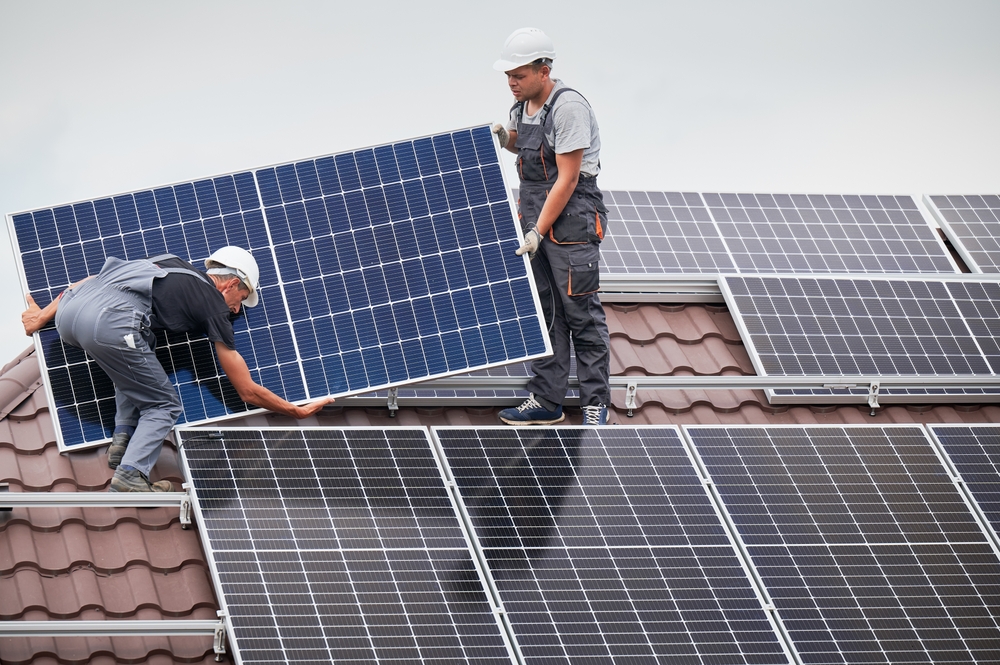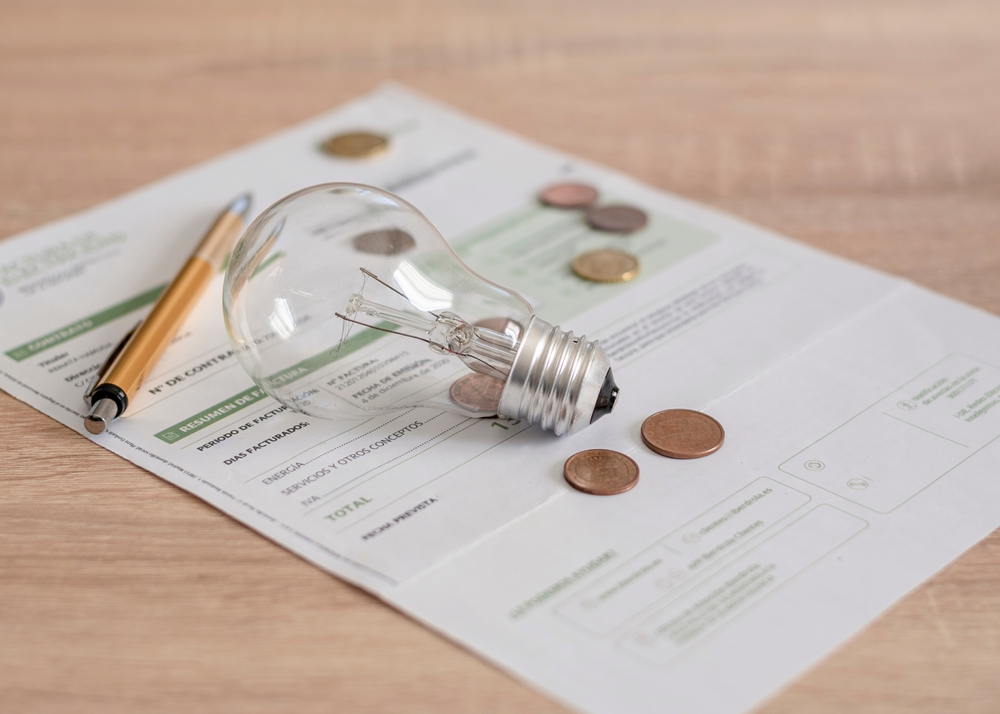What Does it Mean to be Energy Efficient?
Homeowners might feel zapped when they open their energy bill. Higher consumption of water, electricity and/or natural gas can cause costs to soar. While some homeowners might not worry if bills fluctuate month-to-month and costs of energy use could simply be a non-issue. Others, though, watch those bills closely and need to budget energy costs.
An energy-efficient home can help homeowners decrease utility costs by lowering the amount of energy the home uses. What does it mean to be energy efficient?
The term ‘energy efficiency’ denotes using less energy for the same job or performance. Homes can be efficient because homeowners choose energy-efficient appliances, windows and doors and make other improvements to use energy more efficiently.
How to Shop for Energy-Efficient Appliances
Energy-efficient appliances include the ENERGY STAR label. These appliances meet the criteria for energy efficiency to qualify for this label. Many common appliances are offered in energy-efficient models, including:
- Washers/dryers
- Dishwashers
- Furnaces
- Televisions
- Computer monitors
- Refrigerators
For a full list of appliances and gadgets that could include energy-efficient capabilities, homeowners can visit the ENERGY STAR website. In addition, the site also lets homeowners search for specific appliances and sort their options by the most energy-efficient or other criteria.
Choose Energy-Efficient Windows and Doors
While upgrading to energy-efficient appliances is one way to make the home more efficient, some windows and doors also include upgraded features that enable them to be labeled as ENERGY STAR products.
Swapping out old windows for ENERGY STAR windows could let homeowners save more than 10 percent on energy bills (across the country). ENERGY STAR windows and doors offer better insulation and protection to help homeowners minimize energy drains and save money.

Solar Panels Use the Power of the Sun
Some homeowners might be motivated to ditch the grid. Solar panels can allow the home to use the sun’s light to produce electricity. Not only do solar panels lower energy costs, but they also could allow homeowners to be more self-sufficient.
Since solar panels produce the electricity for the home, these panels could allow some homeowners to ditch the power grid. However, not all areas enjoy the same amount of sunlight. Solar panels could be an ideal choice in areas of the country that receive significant sunlight.
The cost of solar doesn’t come cheaply, though. According to Nerdwallet, the cost of the panels (plus installation) could range from $15,000 to $25,000. Panels could qualify for a tax credit, but homeowners should talk to a tax professional to inquire about any applicable tax credits.

How to Increase Energy Efficiency
Homeowners might not need to replace any appliances, and they also might not have the budget for solar panels. How can the average homeowner increase the energy efficiency of their home without spending too much money?
Switch to LED
One easy tip for increasing energy efficiency is to swap out older light bulbs for LED bulbs. These light bulbs emit less heat and can last for years. While LEDs might be more expensive than other bulbs, their longevity means that homeowners won’t have to switch them out for years.
Use Window Film to Increase Insulation for Older Windows
If homeowners don’t have the budget for new energy-efficient windows, they can make their current windows more efficient by covering the panes with a plastic film for better insulation. In addition, homeowners also can add weather stripping to protect against any leaks.
Install a Smart Thermostat
An energy-efficient HVAC system could add to the home’s efficiency and the monthly savings, too. However, replacing the HVAC is expensive.
Homeowners can make their current system a bit more efficient by installing a smart thermostat that allows homeowners to program the home’s temperatures to maximize efficiency. In addition, these thermostats can be controlled remotely via an app. Choose the most efficient temperature to maximize energy savings—opt for 78 degrees Fahrenheit in the summer and 68 degrees Fahrenheit in the winter.
Homeowners also shouldn’t forget to replace their HVAC system’s air filter. These filters should be replaced at least every three months. However, some filters might need to be replaced more frequently. Don’t assume a filter can endure three months of wear; check the manufacturer’s replacement recommendation and then set a reminder on a smartphone to ensure these filters get changed.
Install Touch-Free Faucets
Some homeowners leave the water running when they brush their teeth or suds their hands. This adds to water waste and increases costs, too. To save water, install touch-free or motion-activated faucets. These faucets turn on when they detect motion and turn off automatically, too.
Use the Internet of Things (IoT)
The Internet of Things allows a home to become a smart home. Smart outlets and smart power strips allow everyday gadgets, devices and appliances to connect to virtual assistants like Alexa or be controlled remotely via a smartphone app. Using the Internet of Things allows homeowners to turn off appliances from any location. This can help decrease energy waste and, hopefully, lower energy costs.
Energy efficient appliances and materials can perform the same job while using less energy. Homeowners can search for all their energy-efficient appliance options via the ENERGY STAR website. Use the site to find energy-efficient windows and doors, too. Homeowners also can make changes around the home to increase the efficiency of their HVAC system, windows and even their faucets. By embracing energy efficiency, homeowners can help lower their environmental impact and save money each month on their utility costs.


